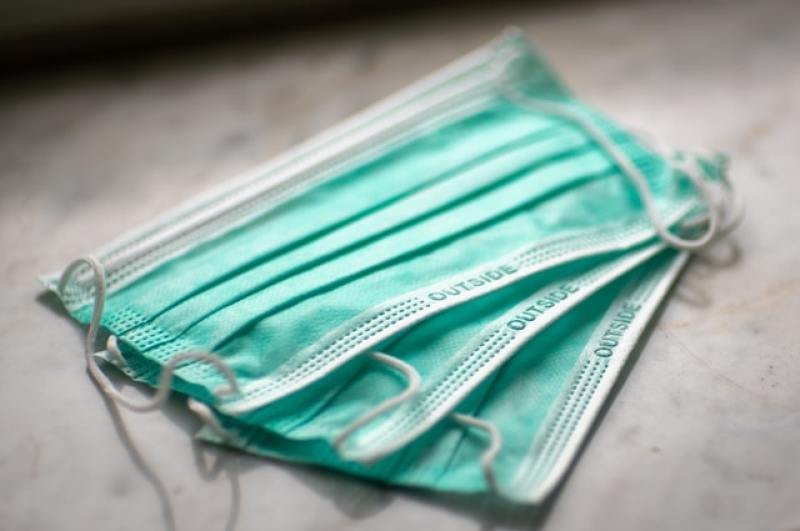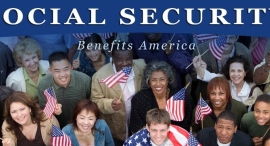
Citizens of the United States who have been inoculated for COVID-19 can now safely travel. The Centers for Disease Control and Prevention (CDC) has released guidelines for fully vaccinated people, who no longer need to get tested before or after travel as long as the destination does not require it, and do not need to self-quarantine after the trip.
However, fully vaccinated people are still encouraged to wear a mask, keep a safe distance of six feet away from the next person and avoid crowds, and practice frequent handwashing.
According to the new CDC guidelines, "Fully vaccinated travelers are less likely to get and spread COVID-19." CDC Director Dr. Rochelle Walensky recently told the Associated Press that she would "advocate against general travel overall" as COVID-19 cases are still on the rise. However, "If you are vaccinated, it is lower risk."
Some are skeptical about getting vaccinated for good reason. The vaccine can only place a person at a "lower risk" for contracting COVID-19 and not completely protect an individual from it. This is why the CDC still mandates wearing masks, socially distancing, and frequently washing one's hands.
The CDC revealed that over 100 million people in the United States have received at least one dose of the COVID-19 vaccine. Note that the term "fully vaccinated" means that it has been two weeks since an individual has received his second dose of the two-dose Pfizer or Moderna vaccines or the single dose of the Johnson & Johnson vaccine.
Christian Headlines reported that while airlines do not require a COVID-19 test or a proof of vaccination, some states have implemented testing and quarantine rules for travelers. The CDC is still discouraging travel for unvaccinated individuals and urged them to undergo COVID-19 testing one to three days before the trip and once more three to five days upon returning. For those unvaccinated people who travel, it is a must to stay home and quarantine for seven days even if their test results come back negative.
The Biden administration reported last week that it was able to administer 20 million COVID-19 vaccine shots in a week, one the most rapid in the world. However, President Biden cautioned that the fight is not over. He rallied Americans to "[continue] to do their part - mask up, practice social distancing" to hit the collective goal to have a "more normal July 4th" this year, one that is filled with travel, family reunions, and a better, more vibrant economy.
The president warned, however, that relaxing restrictions prematurely will compromise the vaccination campaign despite it putting people at "lower risk" for COVID-19. He said, "We need to finish this job. We need every American to buckle down and keep their guard up in this homestretch."
According to Forbes, the United States has administered over 165 million doses of the COVID-19 vaccines as of April 4, way ahead of China which has administered 138 million, the European Union that has administered 79 million, India with 74.4 million, and the U.K. with 36.6 million.
However, the U.S.' vaccination rate of 49 doses per 100 people is surpassed by Israel with 113 doses per 100 people, the United Arab Emirates with 89 per 100 people, and the U.K. with 55 per hundred people.



























